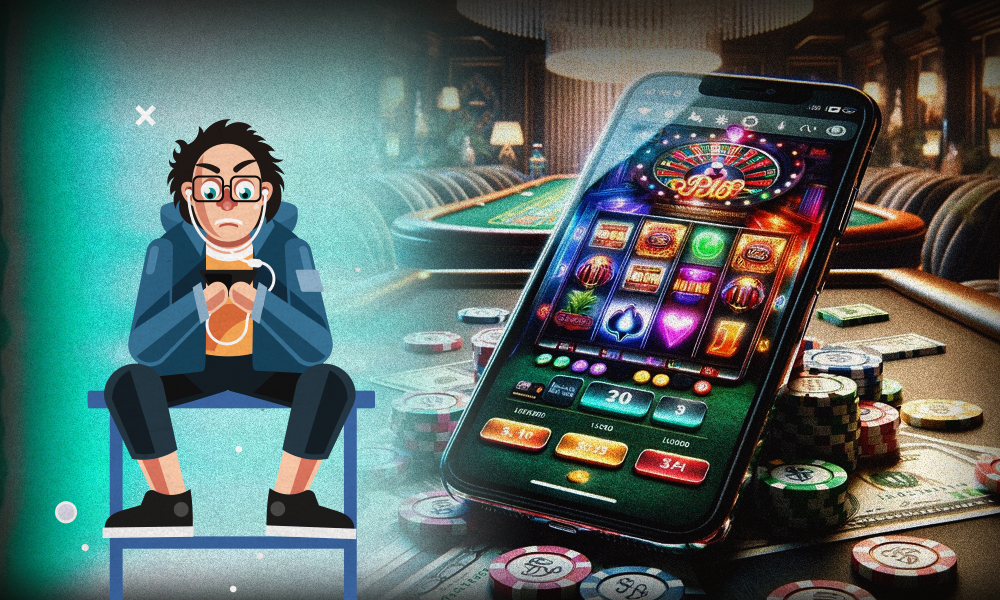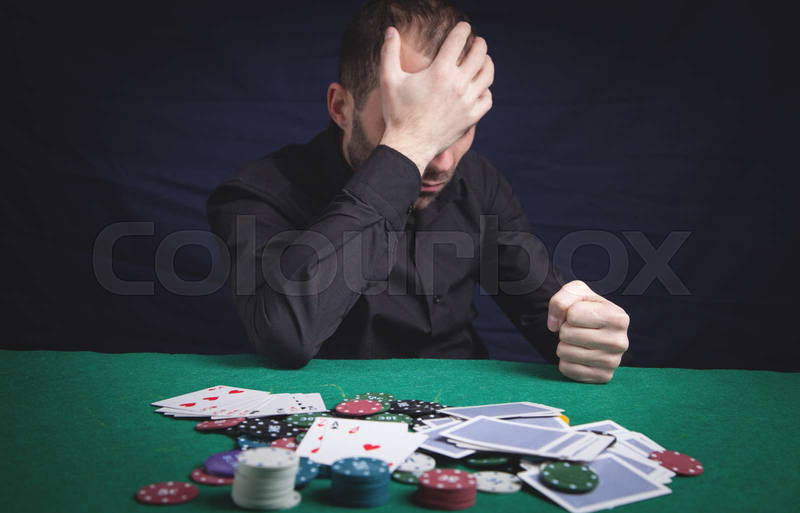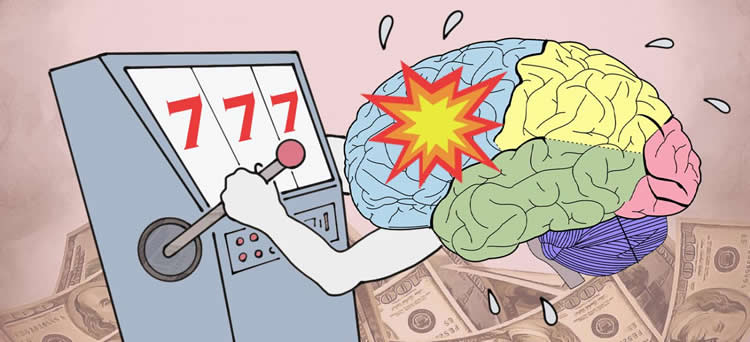The term “Gambling Realm” describes a dangerous psychological state where the line between reality and the pursuit of a big win becomes blurred. For many struggling with gambling addiction, this realm is a mental prison built on cognitive distortions, false hope, and the relentless chase of the next high. Escaping this mindset is the critical first step toward real recovery and regaining control of one’s life.
At its core, the gambling realm is fueled by the powerful and deceptive euphoria of winning. A significant win can create an intense, unforgettable rush, triggering a dopamine release in the brain that reinforces the behavior. This rush, combined with the often-irrational belief that a person has a special talent or system for winning, creates an illusion of control. When losses inevitably follow, the gambler justifies them as temporary setbacks, believing the next big win is just around the corner. This “chasing losses” behavior is a hallmark of the addiction cycle and a key feature of the realm.
The illusion of control is one of the most insidious aspects of the gambling realm. Unlike other addictions, where the substance itself causes the high, gambling is a behavioral addiction rooted in the cognitive process. A person may convince themselves that they are on a winning streak or that their luck is about to change, ignoring all evidence to the contrary. This rationalization allows them to increase their wagers and take bigger risks, accelerating the cycle of addiction and financial ruin.
Another dangerous aspect is the way the realm isolates a person. As losses mount, many people become secretive and lie to family and friends to hide the extent of their problem. This secrecy is a self-perpetuating part of the cycle, as it cuts off the very social support systems that could help them. The emotional and financial stress of maintaining this facade often drives the individual further into gambling as a means of escape, creating a vicious loop of despair and denial.
Breaking free from the gambling realm requires a multi-faceted approach. The journey begins with acknowledging the problem and recognizing the addictive patterns. This can be a painful and difficult process, as it means confronting the reality that the pursuit of the “big win” is a destructive fantasy. The next step is to seek professional help. Therapists specializing in addiction can provide valuable strategies to dismantle the cognitive distortions that perpetuate the gambling realm. Cognitive Behavioral Therapy (CBT) is particularly effective, as it helps individuals identify and challenge their irrational thoughts and beliefs about gambling.
Creating a support network is also vital. Connecting with trusted friends and family or joining support groups like Gamblers Anonymous can provide the encouragement and accountability needed to stay on track. These groups offer a safe space to share experiences and learn from others who have successfully navigated the same struggles. By sharing their stories, individuals can break the silence and secrecy that once trapped them.
To further reinforce recovery, it’s crucial to identify and avoid personal triggers. This might mean staying away from casinos, online betting sites, or even friends and social situations associated with gambling. Finding healthy, rewarding alternatives is also a key part of the process. Replacing the high of gambling with new hobbies, exercise, or mindfulness practices can help retrain the brain’s reward system and create a more positive, sustainable path to happiness.
The “Gambling Realm” is a powerful and isolating state of mind, but it is not an unbreakable prison. By understanding its psychological mechanisms and taking proactive steps toward recovery, individuals can break free from the cycle of addiction, rebuild their lives, and find true freedom. The path to escape is challenging, but with the right support and strategies, a fulfilling life outside of the realm is not only possible but within reach.
Ultimately, escaping the grip of a gambling addiction is a process of reclaiming one’s own reality. It means stepping out of the fantasy world of guaranteed wins and into a life built on stability, honest relationships, and genuine well-being. The road is long, but the destination—a life free from the constraints of compulsive gambling—is a prize more valuable than any jackpot.



